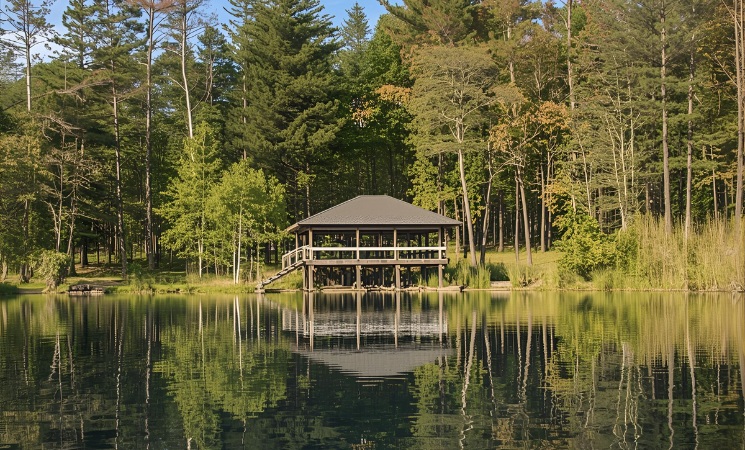The allure of the great outdoors is undeniable. Whether you’re drawn to the tranquility of a mountain trail or the excitement of a rushing river, spending time in nature offers countless benefits for physical and mental well-being. From breathtaking views to thrilling adventures, the natural world provides a chance to reconnect with ourselves and the planet. However, it’s crucial to remember that with the privilege of enjoying these natural spaces comes the responsibility of protecting them.

Sustainable recreation means minimizing our impact on the environment and ensuring that these precious resources remain pristine for future generations to enjoy. By adopting responsible practices and making conscious choices, we can all contribute to preserving the beauty and integrity of our natural world.
Understanding “Leave No Trace” Principles
The Leave No Trace Center for Outdoor Ethics provides a valuable framework for responsible outdoor recreation through its Seven Principles:
- Plan Ahead and Prepare: Proper planning and preparation minimize resource damage and maximize enjoyment. This includes knowing the regulations and special concerns for the area you’ll visit, preparing for extreme weather.
- Travel and Camp on Durable Surfaces: Use existing trails and campsites to minimize disturbance to vegetation and soil. This helps prevent erosion and damage to fragile ecosystems.
- Dispose of Waste Properly: Pack out all trash, utilize designated receptacles, and minimize waste generation. This includes food scraps, packaging, hygiene products, and any other waste you generate.
- Leave What You Find: Preserve the natural environment by leaving rocks, plants, and other natural objects undisturbed. Allow others to enjoy the same untouched natural beauty that you did.
- Minimize Campfire Impacts: Use existing fire rings, keep fires small, and ensure complete extinguishment to prevent wildfires. Be aware of fire danger levels and regulations.
- Respect Wildlife: Observe wildlife from a distance, avoid feeding animals, and store food securely to prevent attracting wildlife.
- Be Considerate of Other Visitors: Respect other visitors’ experiences by minimizing noise pollution and yielding to others on trails. Everyone deserves a chance to enjoy the peace and tranquility of nature.
By following these principles, we can minimize our impact and ensure our outdoor activities leave the area as it was before.
The Importance of Responsible Waste Management in Natural Areas
Improper waste disposal can have devastating effects on natural environments, causing long-term damage to ecosystems and wildlife. Trash left behind—whether it’s food scraps, packaging, or hygiene products—can pollute water sources, harm animals. These impacts can degrade the beauty and health of wilderness areas, making it difficult for these spaces to thrive.
Responsible campsite cleanup is key to ensuring these natural spaces remain vibrant and sustainable. Always pack out all waste, including food remnants, wrappers, and hygiene items. When trash receptacles are available, use them; otherwise, carry your waste out of the area and dispose of it properly at home. For those involved in larger cleanup efforts or volunteer projects, using waste management services like Waste Removal USA can make a significant difference in maintaining eco-friendly practices and promoting sustainable waste disposal in fragile environments.
Conclusion
Enjoying the outdoors responsibly is essential for preserving the beauty and integrity of our natural spaces for generations to come. No Trace, practicing responsible waste disposal, minimizing campfire impact, and respecting wildlife, we can all contribute to protecting the environment and ensuring that outdoor recreation remains a sustainable activity.















Leave a Reply